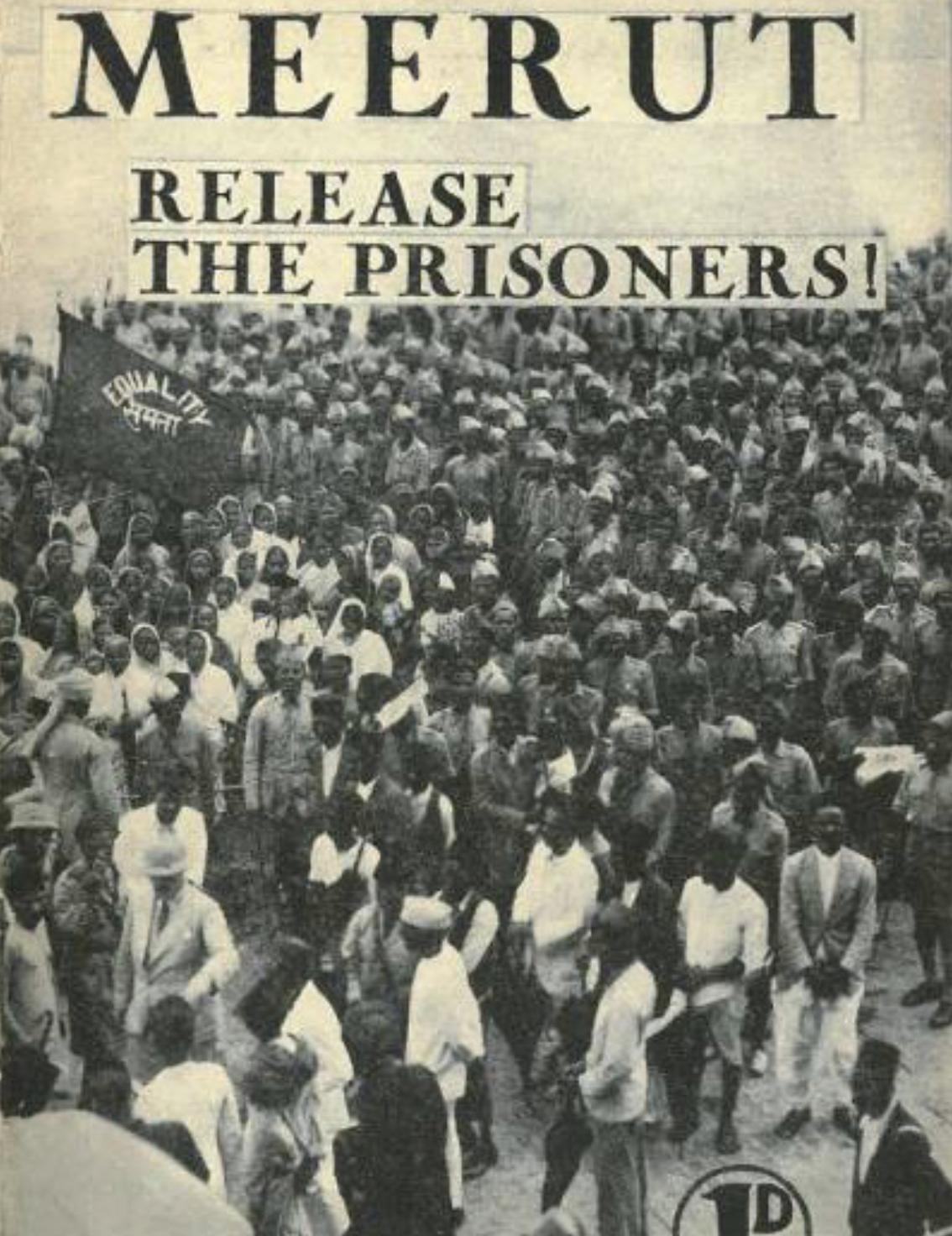by Kashif Azam, NYU '19
Advised by Professor Lauren Banko
Edited by Varun Sikand and Daniel Blatt
Abstract
Kashif Azam’s (NYU ’19) paper contextualizes the Meerut Conspiracy Case, which began in British India, within the broader realm of popular support for the British Empire. The legacy of the Meerut Conspiracy Case with
respect to interwar imperialism has been largely overlooked, but through an analysis of parliamentary discussions, newspaper reports, letters, pamphlets, and theater, Azam illuminates the scope and nature of a profound transformation within the British psyche regarding imperialism. The initial Meerut arrests were met with enthusiastic support in the press, and only minor qualms among leftist organizations. However, a series of government blunders, beginning with a jurisdictional conflict and culminating in tyrannical sentencing, transformed the Conspiracy Case from an anti-communist crusade to a rallying cry for anti-imperialism. The Conspiracy Case was a public humiliation for the British Empire during the interwar period and revealed the tensions that would chip away at the U.K.’s imperial status in succeeding decades. The British would grant the crown colony independence less than fifteen years after the trial concluded. Meerut was a footnote in the grand scheme of the Indian inde-
pendence movement; however, by examining the case through the lens of British popular support, Azam reveals how the case embodies a microcosm of shifting British attitudes towards imperialism. This shift was not instant, nor caused entirely by events in Meerut, but ultimately it contributed to the dismantling of the British Empire in India.

